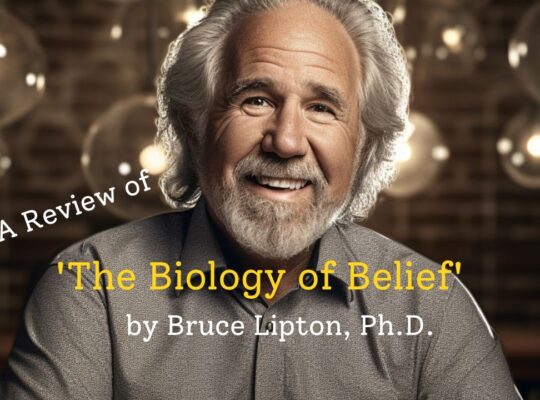JordanPetersonVideos – Lecture – Biblical Series 01 – Introduction to the Idea of God
It’s very strange in some sense that there’s so many of you here to listen to a sequence of psych lectures on the psychological significance of the #biblical #stories. It isn’t something I’ve wanted to do for a long time, but it still does surprise me..
A ready audience for it. And well, so that’s good. So we’ll see how it goes and I’ll start with this, because this is the right question. The right question is why bother doing this? And I don’t mean why should I bother doing it? I have my own reasons for doing it, but you might think, well, why bother with this strange little book at all?
And that’s a good question. You know, it’s a contradictory document that’s been cobbled together over thousands of years. It’s outlasted kingdoms, many, many kingdoms. You know, it’s really interesting that it turns out that a book is more durable than stone. It’s more durable than a castle. It’s more durable than an empire. And that’s really interesting, you know, that it’s something in some sense so evanescent it can be so long living.
So there’s that kind of a mystery. I’m approaching this whole scenario. These are the biblical stories as if they’re a mystery fundamentally because there’s a lot we don’t understand about them. We don’t understand how they came about. We don’t really understand how they were put together. We don’t understand why they had such an unbelievable impact on civilization.
We don’t understand how people could have believed them. We don’t understand what it means that we don’t believe them now or even what it would mean if we didn’t believe them. And then on top of all that, there’s the additional problem, which isn’t specific to me, but is certainly relevant to me, that no matter how educated you are, you’re not educated enough to discuss the psychological significance of the biblical stories.
But I’m going to do my best, partly because I want to learn more about them and one of the things I’ve learned is that the best way to learn about something is to talk about it. And when I’m lecturing, I’m thinking, you know, I’m not trying to tell you what I know for sure to be the case because there’s lots of things I don’t know for sure to be the case.
I’m trying to make sense out of this. And I have been doing this for a long time now. You know, you may know you may not that I’m an admirer of nature. Nature was a devastating critic of, I would say, dogmatic Christianity, Christianity, as it was instantiated in institutions, I suppose, although he’s a very paradoxical thinker, because, for example, one of the things Nietzsche said was that he didn’t believe that the scientific revolution would have ever got off the ground if it hadn’t been for Christianity and more specifically for Catholicism, because he believed that over the course of really a thousand years, the European mind, so to speak, had to train itself to interpret everything
that was known within a single coherent framework, coherent, if you accept the initial axioms, a single coherent framework. And so each believed that that Catholicism of a of the phenomena of life and of history produced the kind of mind that was then capable of transcending its dogmatic foundations and then concentrating on something else, which in this particular case happened to be the natural world.
@JordanPetersonVideos
#JordanPetersonVideos
@JordanPetersonVideos
#JordanPetersonVideos
https://www.youtube.com/c/JordanPetersonVideos
https://www.patreon.com/posts/74751920?utm_campaign=postshare_creator







